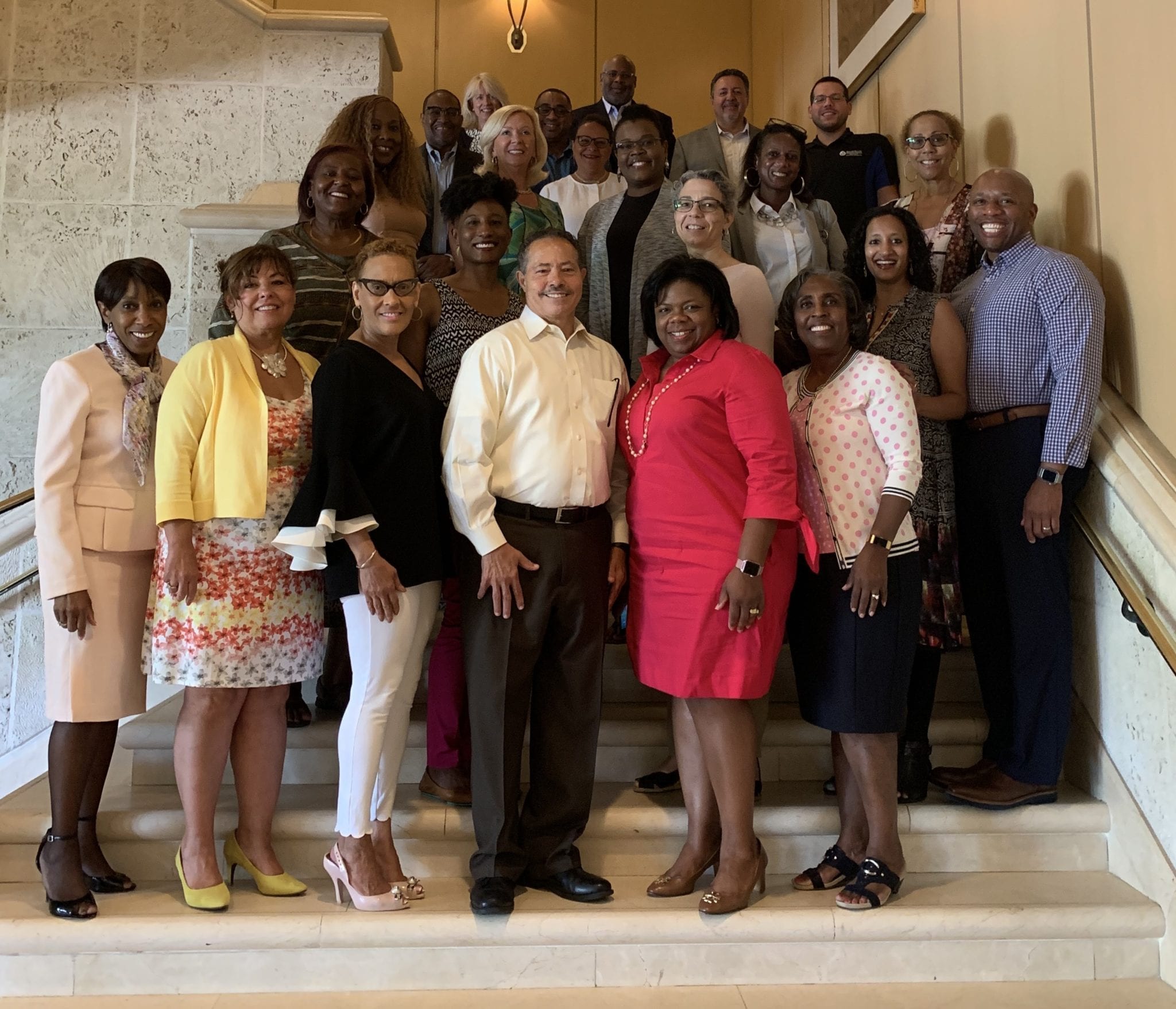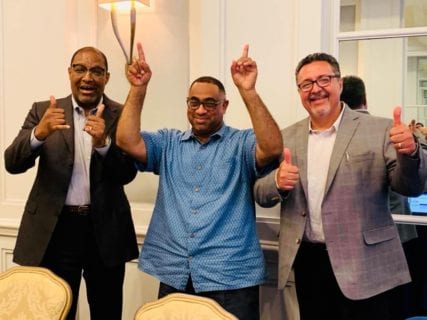The mission of the National Association of Diversity Officers in Higher Education (NADOHE) is to support the efforts of college/university diversity officers to identify and share best practices in diversity initiatives, provide professional development opportunities and influence policies relating to diversity and inclusion. Thanks in part to efforts by Richard Salas, Ph.D., DMU’s chief diversity officer, and leaders at other medical/health sciences institutions, that mission has expanded to include a focus on health care education.
In July, the NADOHE Board of Directors approved the creation of a Health Professions Chapter within the association. Its mission: to lead health professions education toward inclusive excellence and to serve as a catalyst for efforts to advance diversity, equity, inclusion and social justice in health care education.

“Health care professionals must be able to treat every individual with respect, compassion and dignity regardless of their race, sexual/gender orientation and background, and to be aware of those aspects as assets, not deficits,” Dr. Salas says. “The Health Professions Chapter can serve as a catalyst and think tank where its members can learn from each other about fostering that cultural competency and humility among our students, who are going to be future health care providers.”
When he became a member of NADOHE in 2012 as a way for the University to get involved in diversity issues, DMU President and CEO Angela Walker Franklin, Ph.D., asked him whether the association encompassed medical and health sciences education. “I told Dr. Franklin that I would ask, but if it didn’t, we could work toward making that happen,” he recalls. “It was another opportunity Dr. Franklin and I saw for DMU to become a leader on diversity, equity and inclusion issues among medical institutions.”
With President Franklin’s full support, he brought the idea to Archie Ervin, Ph.D., NADOHE president and vice president for institute diversity at the Georgia Institute of Technology. Dr. Ervin charged Dr. Salas and Dennis Mitchell, D.D.S., M.P.H., vice provost for faculty advancement at Columbia University, to lead efforts to organize the chapter.

“The chapter is expected to significantly grow with plenty of interest already shown in a short time by institutions in this domain,” says Dr. Salas, who became a member of the NADOHE Board in 2018. He notes that the chapter, which meets four times a year, will also enable NADOHE to attract more individuals and institutions as members.
In addition to its members from various institutions, the NADOHE Health Professions Chapter has leadership representation from the American Association of Colleges of Osteopathic Medicine, the Association of American Medical Colleges and several additional national organizations focused on medical/health sciences fields.
“We recognize that enhancing medical and health sciences students’ cultural competency and cultural humility involves more than just bringing in a speaker or offering a workshop or two,” Dr. Salas says. “It requires the application of certain modes of teaching and learning to help students develop that competency.”

